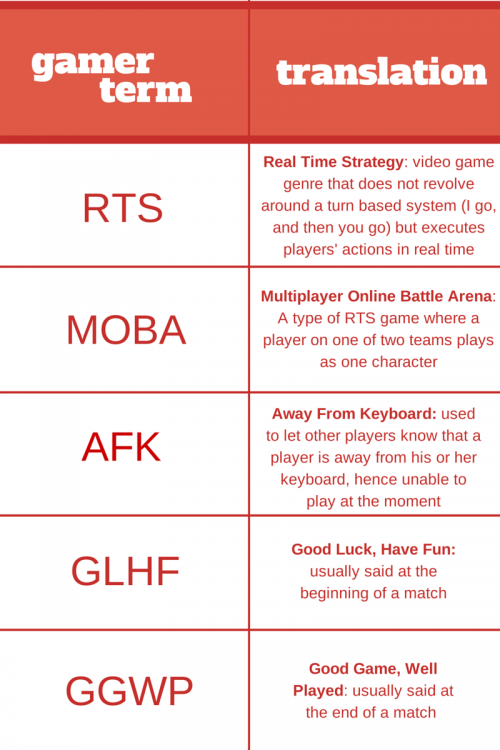or some, “professional video gamer” may be a bit of an oxymoron. However, with the emergence of electronic sports, or eSports for short, video games are gradually being integrated into the sports scene. Recently Robert Morris University in Chicago began offering scholarships of up to $19,000 to proficient “League of Legends” players, a multiplayer online battle arena video game, which they recognize as a varsity sport. Also, The International, the yearly Defense of the Ancients 2 — usually abbreviated to simply DOTA 2 — had its finals broadcasted on ESPN II in July.
Some prominent sports figures remain adamant that video games are just entertainment and should not be considered a sport. During the “Code/Media Series: New York” conference, John Skipper, the president of the Entertainment and Sports Programming Network, stated his refusal to accept video games as a new sport.
“[eSports]’s not a sport — it’s a competition,” Skipper said. “Chess is a competition. Checkers is a competition. Mostly, I’m interested in doing real sports.”

Some students are not as stringent as Skipper and are more on the sidelines.
“I feel like [defining eSports as a sport] is not necessary, but it’s good for the professionals to get awareness,” sophomore and casual gamer Andrew Chang said.
However, there isn’t much difference between how sport scouts and competitive gaming team coaches recruit new members. Competitive gaming team coaches look for players who are not necessarily star players presently, but who have the potential to become professional gamers.
“In reality, the training is just as rigorous [as a traditional sport],” said junior Jeffrey Du, an aspiring professional “League of Legends” player. “The ideals are the same.”
According to Du, eSports is just as mentally taxing as other sports are physically. “League of Legends,” “DOTA” and “Counterstrike: Global Offensive” — or “CS:GO” for short — are all team games that require intricate strategies as well as swift decision making. “Starcraft 2” requires fast reaction timing and as well as finger movement. Top tier professionals typically perform 300 actions per minute. Some are forced to wear wrist braces in order to cope with the muscle strain lest they develop problems like Carpal tunnel syndrome.
“In reality, the training is just as rigorous [as a traditional sport]. The ideals are the same.”
Du practices with his “League of Legends” team nearly six hours every day, with one day off a week. He and his team record their games and analyze the results afterward for mistakes, similar to how professional athletes review their games. Occasionally Du and his team also watch professional players’ games to look for any techniques that they can adopt.
“I think it’s both the time commitment and the skill level.” said Du on the biggest obstacles for becoming a professional gamer. “Not everyone can go pro and when you do have that skill level, you have to be willing to put in the time and effort.”
To other aspiring professional gamers, Du suggests carefully considering their options.
“I would tell them to think about the decision they’re going to make.” said Du. “Is this something they really want? Are there other things they would rather do instead?”
Though some may believe that eSports is just a trendy phase, Du remains optimistic about its growth.
“eSports has a lot of potential to grow,” said Du. “It will just grow to envelope any game that is organized enough to be competitive.”
And it already has. eSports covers a broad number of games, from “League of Legends,” a free to play MOBA, to “Starcraft 2,” a RTS. While eSports and physical sports are considered separate entities presently, perhaps in the future the line between the two will be blurred.
This story was reported on by Justin Kim and Rhonda Mak.







